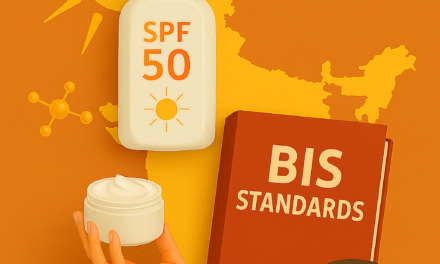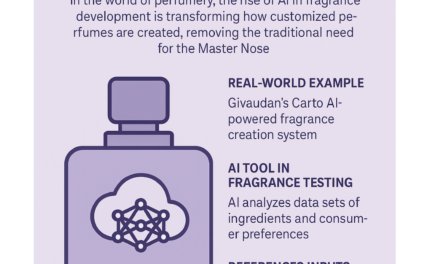India’s Anti-Dumping Duties Reshape Cosmetic Supply Chains

The Indian government has imposed five-year anti-dumping duties on imports of Vitamin A Palmitate and insoluble sulphur, targeting shipments from China, Japan, Switzerland, and the European Union. The move aims to protect domestic manufacturers from under-priced foreign competition and stabilize local supply chains.
Vitamin A Palmitate is a key ingredient in skincare and cosmetics, widely used in anti-aging formulations, sunscreens, and pharmaceutical-grade beauty products. With duties ranging from $0.87/kg (Swiss suppliers) to $20.87/kg (Chinese exporters), Indian cosmetics brands may face higher raw material costs, potentially leading to price adjustments or reformulations.
Insoluble sulphur, primarily used in rubber vulcanization, also plays a role in cosmetic packaging seals. The new tariffs—ranging from $259 to $358 per metric tonne—could impact packaging costs for beauty brands relying on imported rubber-based materials.
The Directorate General of Trade Remedies (DGTR) found that large-scale dumping of these materials was causing “material injury” to Indian producers. The duties, which took effect immediately, are WTO-compliant and designed to level the playing field for domestic manufacturers.
While the move is expected to boost local production, some industry experts warn that India remains heavily dependent on imports for these compounds. Cosmetics and pharmaceutical companies may need to diversify sourcing strategies or invest in domestic production to mitigate cost pressures.
Subscribe to our free newsletter to read the latest news and articles before they are published.










Subscribe To Our Newsletter
Join our mailing list to receive the latest news and updates from The Cosmetics industry
You have Successfully Subscribed!